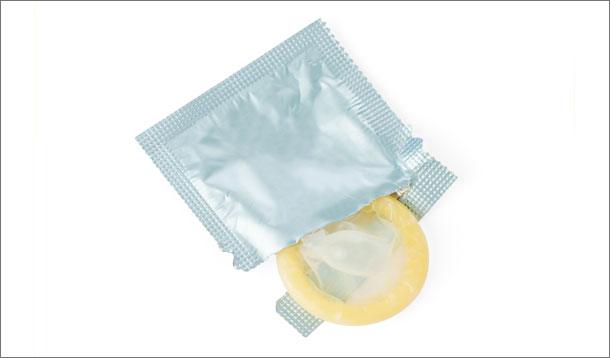
Hats off to Israel, whose government has taken the bull by the proverbials in banning use of underweight models on runways and in advertising.
Under new legislation, models will have to provide proof of their weight, and must not have a body mass index (BMI)—the ratio of weight to height—under 18.5. Advertisers will have to own up if the image has been altered to make a model look thinner.
"Beautiful is not underweight, beautiful should not be anorexic," said Rachel Adato, the Knesset member who pushed for the bill.
Good news for Israeli girls between 14 and 18, approximately two per cent of whom are said to suffer from eating disorders. At this age girls are heavily influenced by the industry, and it's hoped the new law will foster a healthier body image.
"I look (back) 15 to 20 years ago, we shot models (sized) 38. Today it's 24," said Israeli model agent and fashion photographer, Adi Barkan, who helped promote the bill. "This is the difference between thin and too thin. This is the difference between death and life."
Not everyone is happy with the change, though. Some models are naturally very thin, and weight may not necessarily be an indicator of disordered eating.
Eli Edri of the Roberto Models Agency told Haaretz newspaper that basing a law on BMI alone is "arbitrary," as some healthy models would be discounted. Top Israeli model Adi Neumman is one such model, who despite eating well and exercising, has a BMI of just 18.3.
Should other governments follow suit? Is this a step in the right direction, or a misguided attempt to control the fashion industry?

As if moms weren't under enough pressure... A new study in the European Journal of Public Health claims that feeding on demand makes for a smarter baby.
Regardless of extenuating factors, regardless of whether they are bottle-fed or breast-fed, babies who fed on demand were found to perform better academically and score an average of 4-5 points higher on IQ tests between the ages of five and 14 than those fed on schedule.
Babies across socioeconomic and cultural backgrounds, subjected to a myriad parenting styles, who were fed on demand consistently scored higher on SATs at ages five, seven, 11, and 14.
Though the research carried out by the Institute for Social and Economic Research (ISER) at the University of Essex and the University of Oxford was the largest study of its kind—with 10,000 participants—lead author Dr. Maria Iacovou insists that more research is needed to determine the causal link between feeding patterns and IQ.
Moms who fed on demand also reported feeling more confident and satisfied. Would this research persuade you to feed your baby on demand, or is it yet another pressure on new moms?

Think you're a fairly liberal parent? Think again. Would you arm your 12-year-old with condoms and send them on their way?
Well, a Massachusetts school has done just that, in the hopes of promoting safe sex, preventing teen pregnancy and sexually transmitted diseases (STDs).
The Springfield School Committee voted 5-1 Thursday in favour of the "Comprehensive Reproductive Health Policy." (In 2009 Springfield had the fourth highest teen pregnancy rate in the state.)
The proposal requires a second vote of approval before it passes, and parents will have the choice to opt out if they don't want their children to participate. (I can just image how that one would go down. "...but, mom, everyone else is having sex!")
Surprisingly, just one committee member admitted he wasn't comfortable with providing condoms to 12-year-olds when the legal age of consent in Massachusetts is 16.
In Utah, sex ed is, uh, a little different. Proposed legislation there would prohibit discussion of both contraception and homosexuality in class altogether. In favour of birds and bees, kids would hear the abstinence talk, or none at all.